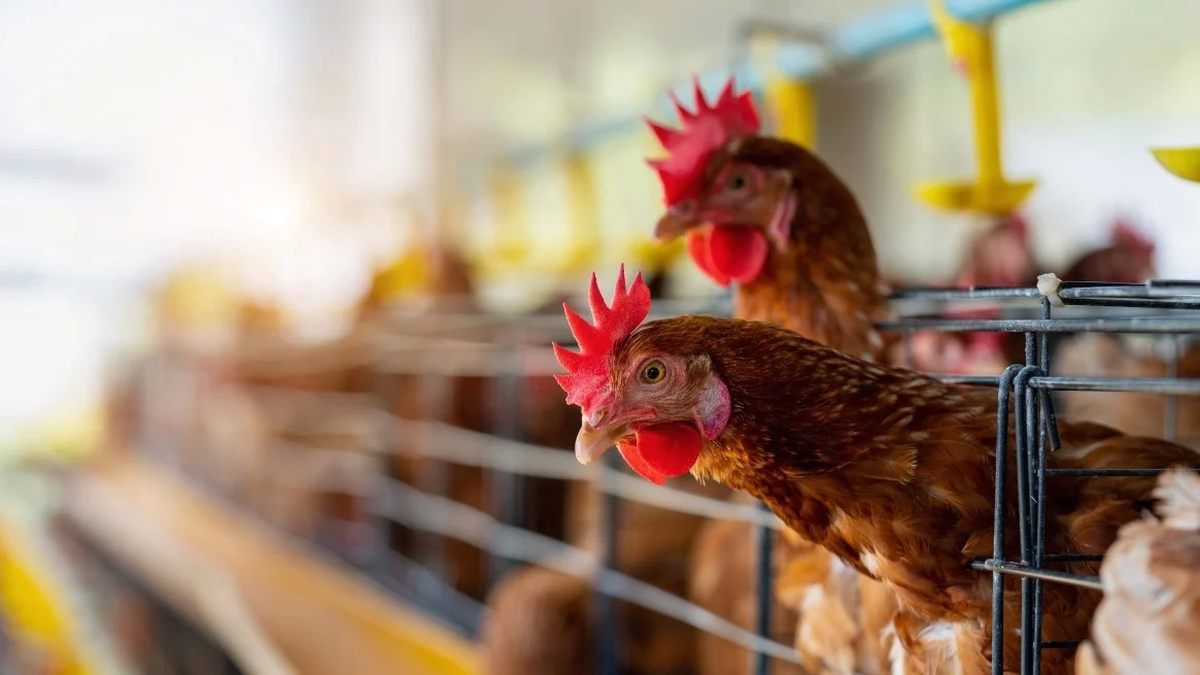Likewise, another issue that worries and keeps government specialists alert is the possible spread of the disease not only to other birds, but also to species that feed on them. This is because, in other parts of the world – such as, for example, Chili-, cases have been reported in sea lions.
Faced with this, the MGAP is removing the remains of dead swans from the lagoon to reduce the viral load in the area and prevent the predatory animals of these birds from being affected.
Meanwhile, a seagull that presented symptoms is under study, without a confirmed diagnosis; and the permanent veterinary committee at the regional level works with the combined efforts of Uruguay, Chile, Bolivia, Brazil, Paraguay and Argentina.
Direct aid from Chile
The holder of the MGAP, Fernando Mattos, requested the help of the Chilean government —in addition to participating in the permanent veterinary committee— to address the prevention and possible containment of an outbreak of H5 Avian Influenza in the country, based on the experience that the trans-Andean nation has in dealing with cases of this sickness.
In this sense, Chilean experts will advise the MGAP teams in what can become a new problem of importance for agricultural production in the countryespecially for the poultry sector, when the rains are still far from being enough to alleviate the great water deficit that the territory suffers.
Source: Ambito




